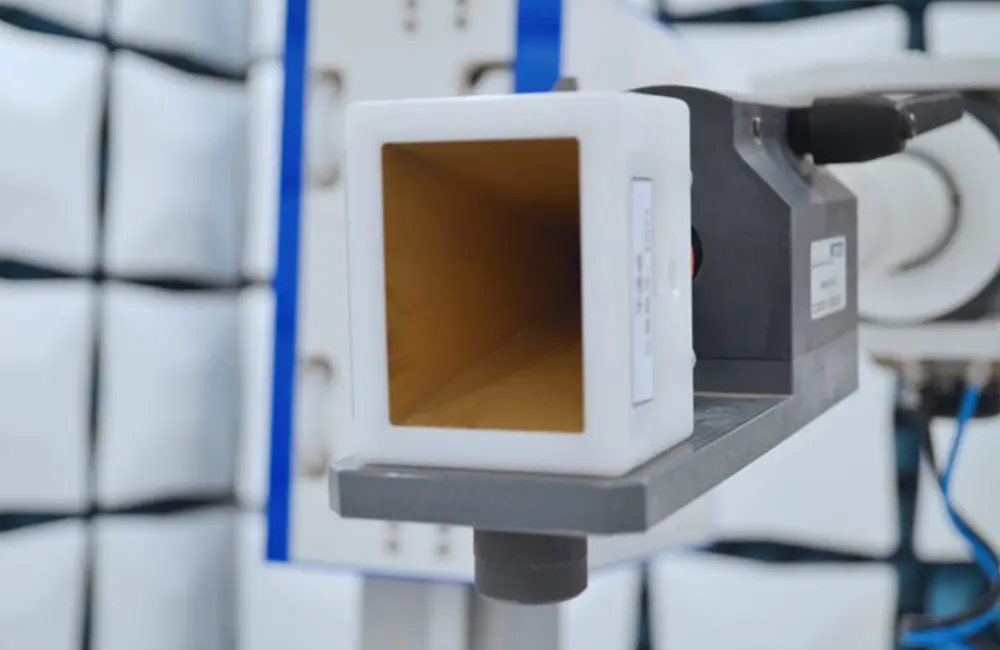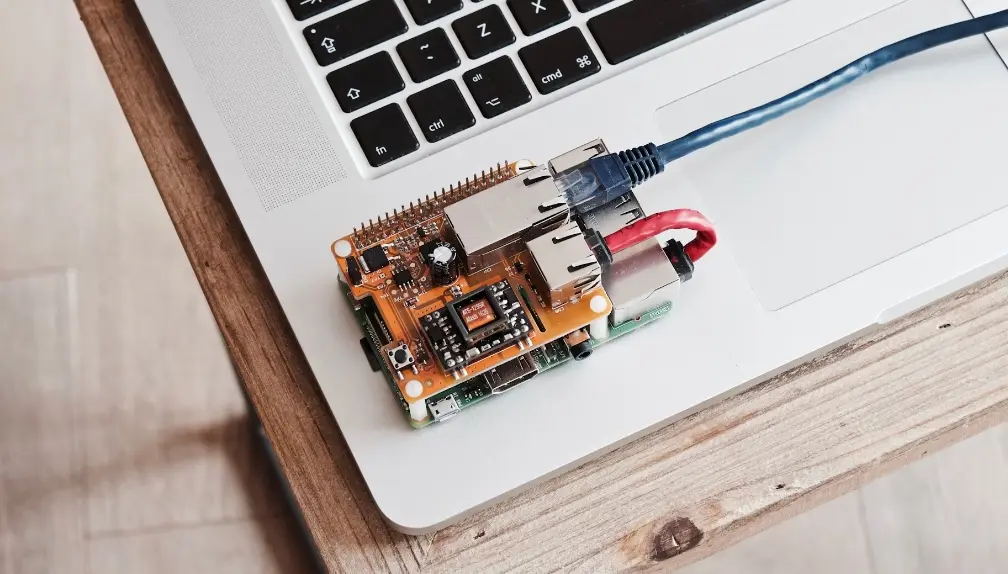
What is FCC RF Certification?
FCC RF Certification is a device authorization program by the Federal Communications Commission (FCC) in the United States. It ensures that RF (Radio Frequency) devices comply with FCC rules and do not cause harmful interference to radio services. This certification is mandatory for marketing RF devices in the U.S.

What are RF Devices?
RF devices are electronic or electrical products capable of emitting RF energy through radiation, conduction, or other means. These devices operate within the 9 kHz to 3000 GHz frequency range and may interfere with radio communication services. The FCC regulates these devices to mitigate potential interference.
Categories and Requirements of RF Devices
1. Incidental Radiators (Part 15, Subpart A)
- Definition: Devices that are not designed to intentionally use, generate, or emit RF energy exceeding 9 kHz but may produce RF emissions as a byproduct.
- Regulation and Authorization: No equipment authorization required, but devices must comply with operational conditions under Part 15.5.
- Examples: AC/DC motors, mechanical light switches, basic power tools (without digital logic).
2. Unintentional Radiators (Part 15, Subparts B and G)
- Definition: Devices designed to use digital logic or process RF signals but not intended to emit RF energy through radiation or induction.
- Regulation and Authorization: Most devices are subject to 47 CFR Part 15 Subpart B; some may qualify for exemptions.
- Examples: Personal computers, printers, coffee makers, cash registers, wireless temperature probe receivers, garage door receivers.
3. Intentional Radiators (Part 15, Subparts C to F and H)
- Definition: Devices designed to deliberately generate and emit RF energy via radiation or induction, often operable without individual licenses.
- Examples: Wireless garage door openers, Wi-Fi transmitters, Bluetooth devices, wireless alarm systems.
4. Industrial, Scientific, and Medical Equipment (Part 18)
- Definition: Devices that use RF energy for non-telecommunication applications, such as creating physical, chemical, or biological effects.
- Examples: Microwave ovens, arc welders, fluorescent lights, medical diathermy machines.
- Note: Consumer-grade medical devices are generally excluded; Part 18 applies only to devices designed for therapeutic or medical purposes.
5. Devices Operating in Licensed Radio Services
- Definition: Products using licensed spectrum, such as mobile phones and base stations.
- Examples: Smartphones, low-power TV transmitters, aviation radios, licensed point-to-point microwave radios.
Device Authorization Procedures
FCC device authorization is typically completed through one of the following methods:
- Supplier’s Declaration of Conformity (SDoC): The manufacturer tests and declares product compliance.
- Certification: Testing is conducted by an FCC-recognized lab, and a certification application is submitted.
Devices must meet FCC requirements before they can be marketed.
RF Energy Management and Spectrum Allocation
- Regulatory Bodies:
- FCC: Oversees non-governmental spectrum usage.
- NTIA: Manages spectrum for governmental purposes.
- Frequency Range: Currently, the allocated spectrum ranges from 9 kHz to 275 GHz, used for terrestrial and space radio communication services.
The U.S. frequency allocation table is maintained by the FCC and can be found in Section 2.106 of the FCC rules.
Email:hello@jjrlab.com
Write your message here and send it to us
 Orthopedic Implant Cleanliness Testing
Orthopedic Implant Cleanliness Testing
 What is ISO 10993-23:2021 Irritation Testing?
What is ISO 10993-23:2021 Irritation Testing?
 ISO 10993-23 Irritation Testing Laboratory
ISO 10993-23 Irritation Testing Laboratory
 EMI Emissions Testing
EMI Emissions Testing
 EMC Standards for Medical Devices
EMC Standards for Medical Devices
 What is FCC Class A vs. Class B?
What is FCC Class A vs. Class B?
 UL Standards for Electrical Equipment
UL Standards for Electrical Equipment
 Is UL Certification Required in the USA?
Is UL Certification Required in the USA?
Leave us a message
24-hour online customer service at any time to respond, so that you worry!




